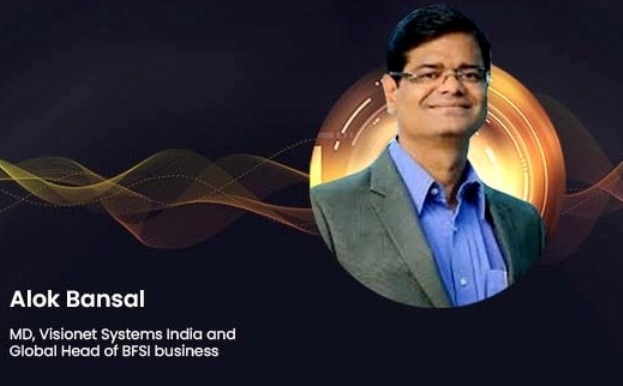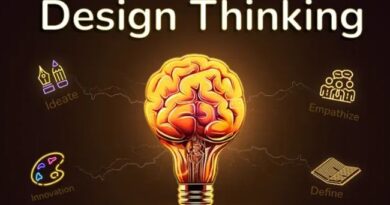Banking sector will have to keep up with Generation Z in 2023,” says Alok Bansal
Visionet Systems’ MD believes digital transformation will redefine banking
Changes in consumer behavior and the evolving needs of Generation Z are going to lead to disruptive technologies, and increased digitalization in the banking sector believes Visionet Systems India’s MD and the Global Head of BFSI Business, Alok Bansal.
He says, “Banking sector will have to keep up with Generation Z in 2023 because the spending capabilities of these tech-savvy youngsters have increased and so have their expectations from their financial consultants and banks. This basically means that legacy institutions cannot continue to function the way they did in the past. In the near future, digital transformation will redefine banking in unprecedented ways.”
What has accelerated the need for digital transformation is also the economic slump caused by the COVID-19 pandemic and banks are looking for a way to augment their Return on Investments (RoI) and increase revenue generation. This is where the use of innovative technologies like Artificial Intelligence (AI), Blockchain, and the Internet of Things (IoT) has come in handy, says Alok and adds, “Revenue generation is directly proportional to customer satisfaction and financial institutions have had to adapt to needs of every new generation. Traditional consumer behavior and spending habits have changed and today be it the ‘Buy Now Pay Later’ options or personal finance apps, people are looking for different ways to earn, spend and save money.”
A report published by Allied Market Research indicates that the global open banking market valued at $13.9 billion in 2020 is projected to reach $123.7 billion by 2031.
Alok says, this alone should tell us that the banking industry is changing rapidly with even humanoid robots providing automated customer interactions across the world. He adds, “In India, digital transformation has already enhanced customer experience, especially during the pandemic. Cashless transactions and digital currencies are growing and RBI is exploring a Central Bank Digital Currency (CBDC) on a pilot basis. If successful, we will see digital tokens promoting more cashless transactions and possibly replacing even UPI and NEFT payment methods. I also think neo-banking will become increasingly popular.”
He does concede that increasing digitalization will usher in fraudulent practices and banks will have to adopt new methods to mitigate such risks and ensure operational efficiency.
He adds, “The International Data Corporation (IDC) reports that banks worldwide will spend $31 billion on AI to reduce fraud and I also foresee blockchain banking evolving to contribute to data protection, verification, and contract extraction.”
He hopes 2023 will see a healthy integration between traditional and digital banking as fintech can provide technology-related services to traditional banks while the latter can help fintech banks to service rural areas.
He also hopes the advent of new-age technology will lead to more financial inclusion and concludes, ” Digital shifts will go a long way in making banking services accessible to even the last mile customer and will facilitate financial equity which is so important for our nation’s balanced economic growth.”




